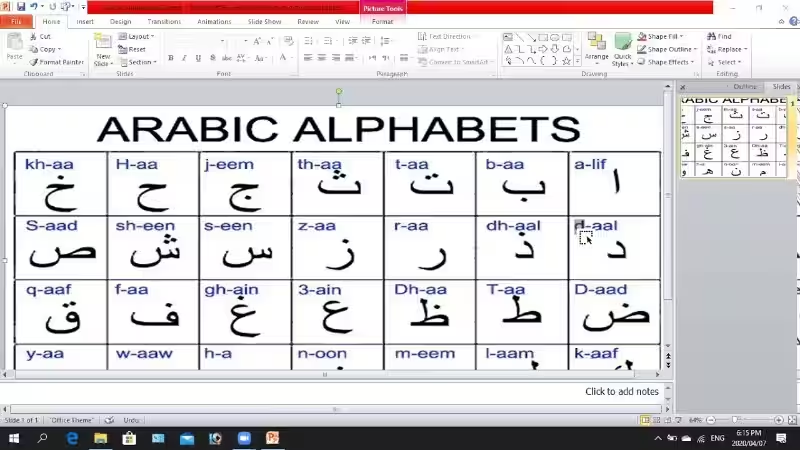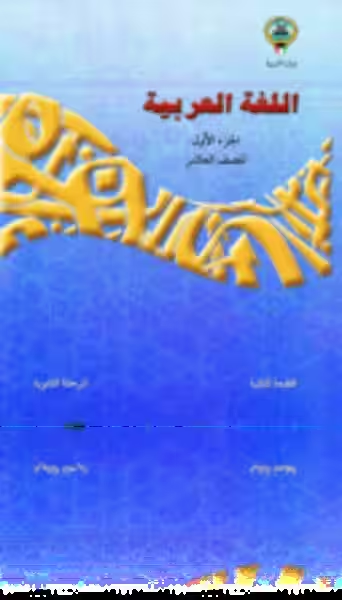
Is there a “fastest way” to learn Arabic? The question, frequently asked by eager learners, highlights a common desire to accelerate the language acquisition process. However, the reality of language learning often contradicts this aspiration. While certain methods might provide quick initial gains, a truly effective approach emphasizes consistent effort and deep engagement over fleeting speed. This article explores a more nuanced understanding of how to learn Arabic, focusing on sustainable and effective strategies, rather than unrealistic promises of rapid mastery.
Understanding the Quest for Speed in Language Learning
The very nature of language acquisition resists quick fixes. Learning a complex language like Arabic requires immersion, consistent practice, and dedication. While some learners might initially gravitate towards methods promising rapid results, a sustainable approach builds upon a solid foundation. The desire for speed often stems from the inherent difficulty of the task, leading to frustration and potentially abandoning the language learning journey. It’s essential to recognize that dedication to daily practice and the willingness to confront challenges are fundamental pillars of successful language learning. This article emphasizes that a realistic and well-structured approach, with clear goals and achievable milestones, is more likely to lead to long-term success.
The Importance of Community and Personalized Learning
The Reddit thread “Dive into anything” suggests a common learner experience, highlighting the significance of community support in language learning. The presence of an online forum, like r/learn_arabic, provides a valuable space for sharing experiences, strategies, and seeking advice. This collaborative spirit, where learners can connect and exchange insights, often fosters more effective strategies than isolated self-study. Learning in a supportive community can create a sense of accountability and motivation, crucial elements for sustaining the learning process over time. The deleted Reddit post likely reflected a learner’s initial frustration with the sheer volume of information required for learning Arabic.
Beyond the Myth of the “Fastest” Method
The deletion of the original Reddit post might suggest a shift in the poster’s perspective. Perhaps the learner realized that the “fastest” method was a misleading concept. Instead of chasing a mythical shortcut, this change of perspective acknowledges the importance of individual learning styles and motivations. Instead of focusing on speed, the emphasis should be placed on identifying methods that align with personal preferences and learning styles. This might involve exploring different learning resources, finding a compatible study group, or tailoring study materials to individual needs. Approaching Arabic learning with a flexible mindset and adapting your strategies along the way is key.
Practical Strategies for Effective Arabic Learning
The most effective methods for learning Arabic don’t focus on speed, but on sustainable growth. Here’s a breakdown of practical, evidence-based strategies, taking inspiration from the needs of learners on platforms like r/learn_arabic:
Building a Strong Foundation:
Arabic, like any language, requires a solid foundation. This includes:
- Gradual Exposure: Start with the basics; don’t try to tackle everything at once.
- Consistent Practice: Dedicate a specific time each day to study. Even short, regular sessions are more effective than infrequent marathon study sessions.
- Active Learning: Engage with the material through active recall, writing, and speaking.
Embracing Immersion and Interaction:
Language learning thrives on immersion and interaction:
- Finding a Language Partner: Practicing with native speakers or other learners provides valuable opportunities for conversation and feedback.
- Immersive Experiences: Consider traveling to Arabic-speaking countries to experience the language in its natural context.
- Utilizing Online Resources: Engage with online language learning platforms, podcasts, and videos to supplement your studies.
Tailoring Your Approach to Your Needs:
Recognizing individual needs and preferences is crucial:
- Learning Styles: Adapt your learning strategies to your preferred learning style (visual, auditory, kinesthetic).
- Realistic Goals: Set clear, achievable goals to stay motivated. Focus on small victories along the way instead of trying to learn everything at once.
- Finding Resources that Work for You: Explore a range of learning materials, from textbooks to apps, to discover what best suits your learning style and preferences.
The Importance of Realistic Expectations
The “fastest way” to learn Arabic is ultimately a myth. True mastery requires consistent effort, dedication, and a willingness to embrace the challenges of learning a new language. By focusing on practical strategies, engaging with the Arabic-speaking community, and tailoring your approach to your needs, you can build a strong foundation and achieve your language learning goals. Learning a language is a marathon, not a sprint. Embrace the journey, and enjoy the process of discovery. By focusing on a personalized and well-structured learning approach, rather than chasing a quick fix, you’ll create a learning environment that is more sustainable and effective in the long run. Ultimately, the most effective strategy is the one that fits your needs.
Bonus Tip: Don’t be afraid to experiment with different approaches and find what works best for you. This is a crucial aspect of navigating the vast landscape of learning options for any language.
FAQ: Fastest Way to Learn Arabic
What is the fastest way to learn Arabic?
There’s no single “fastest” way to learn Arabic. While some methods may offer quicker initial gains, a sustainable and effective approach requires consistent effort and deep engagement. Focusing on speed often comes at the expense of long-term understanding and fluency. The best approach depends on individual learning styles and motivations. Instead of aiming for speed, prioritize a method that is effective, sustainable, and enjoyable for you.
Why is there a focus on community support in learning Arabic?
Learning a language is often more effective when done collaboratively. Online forums like r/learn_arabic provide a supportive environment where learners can share experiences, strategies, and seek advice. This collaborative spirit, rather than self-directed isolation, often leads to more effective learning strategies.
What learning methods are likely to be discussed in a forum like r/learn_arabic?
The context suggests a focus on practical application, consistent study, and personalized strategies. Possible approaches discussed include language exchange partners, immersion programs, and specific learning materials. The community likely values methods that are sustainable and effective, rather than quick fixes.
What does a 30-minute introduction to Arabic cover, and what should I expect?
A 30-minute introduction to Arabic, while not a comprehensive course, would provide a very basic foundation. Expect to cover Arabic alphabet (writing and pronunciation), basic greetings, simple verb structures (like “to be”), and rudimentary vocabulary related to self-introduction, asking basic questions, and common objects. The aim is to provide a starting point for communication, not comprehensive fluency.
How important is structure and methodology in learning Arabic?
Structured learning, such as courses with a clear methodology, can significantly aid comprehension and progress. Online courses, tutoring, and well-structured learning materials can help break down the language into manageable parts and provide guidance at each stage. A clear methodology can also help learners identify their strengths and weaknesses, and develop personalized learning plans.
What role does immersion play?
While complete immersion is ideal, even limited immersion, such as visiting Arabic-speaking countries or interacting with native speakers, can greatly accelerate learning. This helps learners grasp the language’s nuances and cultural context, fostering a deeper understanding of the language and its practical applications.
What is the role of repetition and consistency?
Repetition and consistency are absolutely critical for retaining and applying learned knowledge. Regular, focused practice is essential for progress in any language. Creating a consistent study schedule and incorporating repetition exercises into your learning routine will significantly enhance your results.
What is the importance of active learning?
Active learning, such as participating in conversations, translations, and exercises, is crucial for internalizing and applying the learned material. Engaging with the language actively, rather than just passively studying, will significantly improve your ability to use Arabic effectively.








